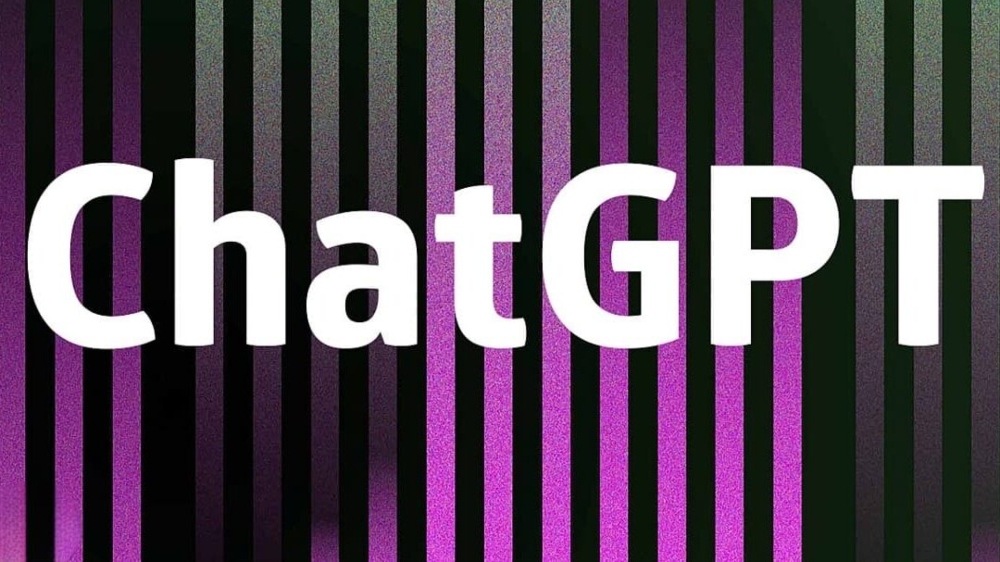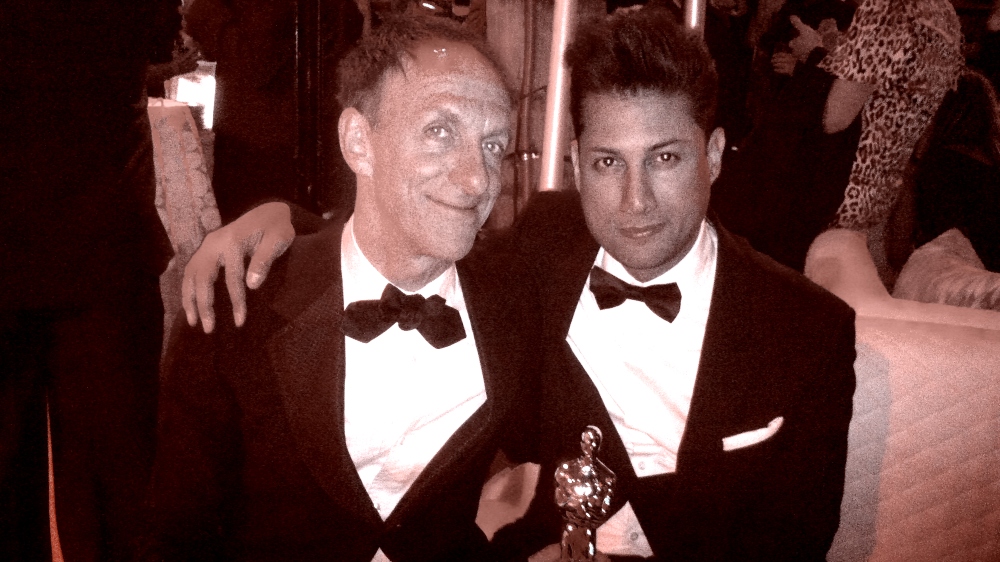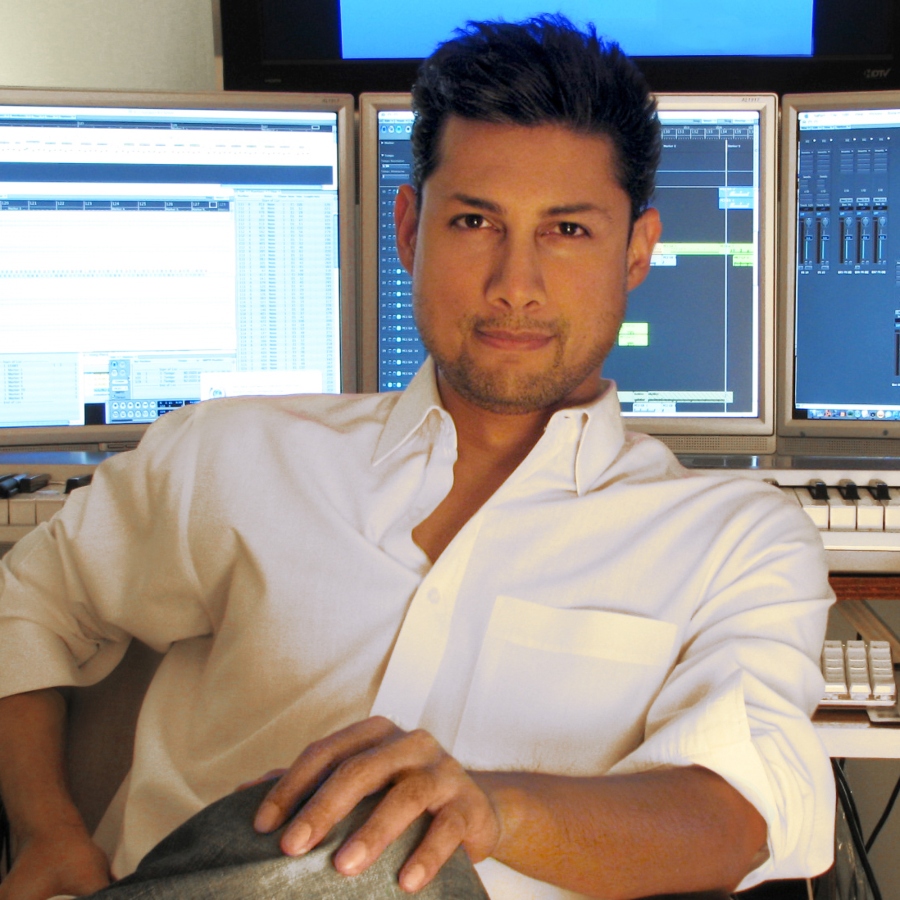Just as the Writers Guild is trying to catch up with current and previous technology — by which we mean streaming — in its ongoing talks with producers in a so-far-only-slightly-leaky cone of silence laid over Sherman Oaks, it seems, at the same time, to be anticipating what the next likely strikes will be about. By which we mean AI.
With its willingness to be the “strikiest” of Hollywood unions, it’s usually up to the writers to establish the beachhead for the other guilds, particularly the above-the-line ones, in terms of plausible goals, and likely settlements with producers.
Though as AI technology continues to develop, there may be discernible splits between the workplace challenges above and below-the-line workers face. For the ATLers, there are questions of intellectual property and “creation” and other intangible aspects of story-making. Though some issues, for actors, are quite tangible, such as image and voice replication (and whether the estate of grandma-the-famous-actress might not care what SAG wants, eventually, if they can sign up that same long-gone grandma for a new, digital role in a movie).
For BTLers, there will be other issues as robotics become more advanced, and as it — they? — become inevitably more intertwined with AI. What about robot grips? Robot focus pullers? Robot teamsters?
Though when we asked ChatGPT what Hollywood jobs it thought AI threatened, neither actors, scribes, camera operators, et al, were mentioned, Among the handful, according to its assessment of itself:
Post-Production: “AI can assist in post-production tasks such as color correction, sound editing, and visual effects. With advancements in AI, it’s possible that some of these tasks may be fully automated, which could lead to the displacement of some jobs in the post-production process.”
Script Analysis: “AI can analyze scripts to provide insights on the pacing, tone, and dialogue. This can save time for script editors, but it also means that some of the jobs in script analysis could be replaced by AI.”
Animation: “AI can automate certain aspects of animation, such as generating background scenes or creating character movements. This could lead to the displacement of some jobs in the animation industry.”

That passage, then, written by the AI bot and quoted freely by yours truly, might qualify as the kind of assistance the WGA seemingly — perhaps surprisingly — had in mind when Variety got a leak of its proposals for the use of AI, deciding, perhaps, to take a let’s-just-get-this-all-over-with-now approach while also trying to figure out where the hell all the streaming money is going.
“The proposal,” the article states, “would allow a writer to use ChatGPT to help write a script without having to share writing credit or divide residuals. Or, a studio executive could hand the writer an AI-generated script to rewrite or polish and the writer would still be considered the first writer on the project.
“In effect, the proposal would treat AI as a tool — like Final Draft or a pencil — rather than as a writer. It appears to be intended to allow writers to benefit from the technology without getting dragged into credit arbitrations with software manufacturers.”
So, if first drafts are hard, and it’s the rewriting that’s fun (at least that’s often the experience the aforementioned yours truly has had when writing books), perhaps what Anne Lamott called the “shitty first draft” could be handled by machine. Or perhaps no one will ever know.
Though as an LA Times follow-up stated, once the WGA took to its Twitter stream after the Variety piece had come out, “the contract between the two sides already describes a writer as a person, but the union wants to make sure that AI isn’t used by studios to circumvent their members.”
So they appear to be trying to avoid all future scriptwriting jobs being turned into “script doctoring,” essentially. One can imagine the Barton Fink-like conversations of the future, between producers and word-wranglers: “We want you to give it a polish, and that, you know, human touch you’re known for!”
As for the AI’s own “thoughts” on the matter? Well, “AI can assist screenwriters in several ways, such as generating ideas, suggesting plot twists or character developments, and providing feedback on the script’s structure and flow. This assistance can save screenwriters time and improve the quality of their work.”
Hmmm…
As a caveat, ChatGPT also notes that “screenwriting involves more than just generating text; it requires a deep understanding of storytelling, character development, dialogue, pacing, and many other elements that are difficult for AI to grasp. Even with advanced AI algorithms, it’s challenging to replicate human intuition, emotion, and creativity.”
Though note the use of the word “challenging,” instead of “impossible.”

That idea of the “intangibles” being hard to replace was echoed recently in an e-conversation with composer Colin Aguiar, a protege of the Oscar-winning Mychael Danna, who has worked with him on the Oscar-winning film Life of Pi, and is himself writing music for the upcoming SyFy series We Were Tomorrow. We were following up on an earlier AI column here, which noted that advances in composing software were already here.
We asked if he really thought scorers could just use them as tools, “containing” the technology, as it were — the way writers envision — rather than being replaced by AI writing the whole soundtrack. “The short answer is ‘yes'” he said, “but… I know that this sounds like splitting hairs but the term ‘tool’ deserves more inspection. There are different types of tools. They do different tasks. I think your question inches closer to the gray area of the tool doing the job. Broadly speaking, I think the point of delineation is decisions themselves and the quantity of those decisions.”
“So many products out there currently help composers but they don’t make decisions [for them]. They are indeed tools. Think hammer or synthesizer or EQ. Then come collaborators and partners that might help make decisions but don’t make a majority of the decisions. Think mentors, or editors, or friends that give feedback, or perhaps one day, an artificial intelligence app that gives critical notes.”

Though in a surprise twist to our conversation. Aguiar wound up citing Carl Jung — checked in with your shadow side lately? — in noting what might happen if we increasingly allow machines to make our art for us:
“Jung said ‘The psychological rule says that when an inner situation is not made conscious, it happens outside as fate. That is to say, when the individual remains undivided and does not become conscious of his inner opposite, the world must perforce act out the conflict and be torn into opposing halves.’ Which is to say that when emotions aren’t expressed, or not allowed to be expressed, they basically submerge in the sub-consciousness and reemerge as neurotic and perhaps psychotic behavior […so if we] slowly reduce our human-made musical and artistic expression, one can only expect that neurosis and psychosis in society will increase.”
However, given that neuroses and psychosis are increasing at a nearly insurmountable, breakneck pace already, one is put in the mind of John Lennon singing “it can’t get no worse,” on Sgt. Pepper. Though one should probably not underestimate human ingenuity on that front, either.
Conversely, Aguiar says it’s also “great to watch the progress of AI. It’s an exciting world we’re entering. The future will still, however, need a Beethoven to write an ‘Ode to Joy,’ or a Bruce Springsteen to write about the sufferings of the middle class, or a Kendrick Lamar to write about gun violence or the grieving of a loved one. The question is… will we still have those people to write those songs? I stand optimistic [about] the future.”
Which makes at least one person in the arts. Hopefully, there will be good cause for more to follow.
 Mark London Williams is a BTL alum who currently covers Hollywood, its contents and discontents, in his recurring “Across the Pond” dispatch for British Cinematographer magazine, contributes to other showbiz and production-minded sites, and musters out the occasional zombie, pandemic-themed, or demon-tinged book and script, causing an increased blurring in terms of what still feels like “fiction.”
Mark London Williams is a BTL alum who currently covers Hollywood, its contents and discontents, in his recurring “Across the Pond” dispatch for British Cinematographer magazine, contributes to other showbiz and production-minded sites, and musters out the occasional zombie, pandemic-themed, or demon-tinged book and script, causing an increased blurring in terms of what still feels like “fiction.”
Mark London Williams’ Union Roundup column will appear every Tuesday. You can reach him to give him tips and feedback at [email protected]. He can also be found on Twitter @TricksterInk.





